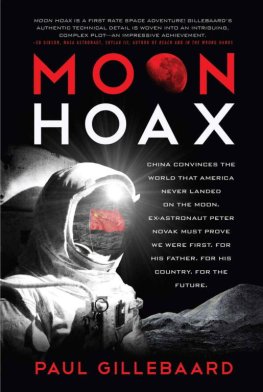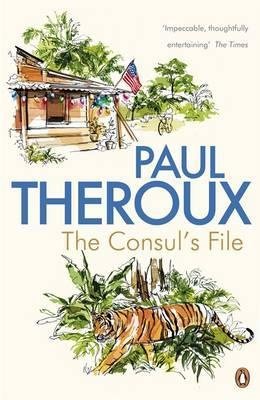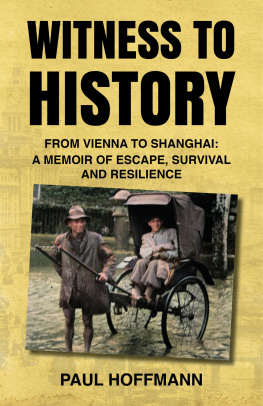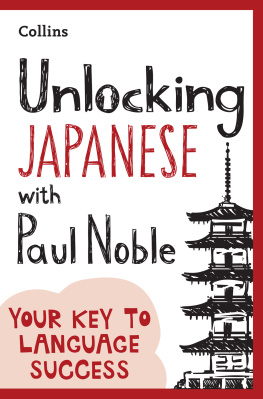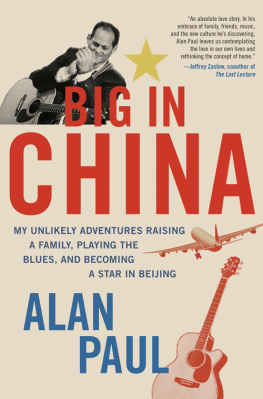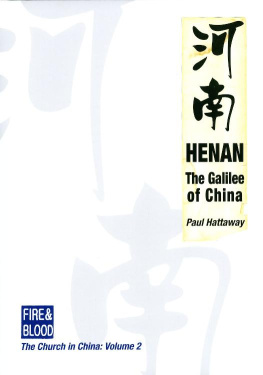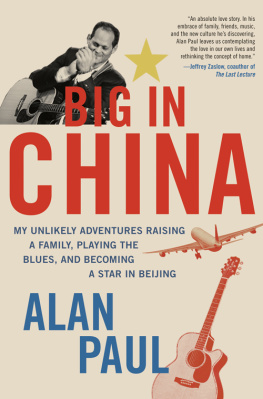AN AMERICAN DIPLOMAT
IN CHINA
WRITINGS OF PAUL S. REINSCH
The Common Law in the Early American Colonies, 1899
World Politics at the End of the Nineteenth Century As Influenced by The Oriental Situation, 1900
Colonial Government, 1902
Colonial Administration, 1905
American Legislatures and Legislative Methods, 1907
Intellectual Currents in the Far East, 1911
International Unions, 1911
Essentials of Government, 1920
(Published in Chinese)
Secret Diplomacy, 1921
AN AMERICAN DIPLOMAT
IN CHINA
BY
PAUL S. REINSCH
AMERICAN MINISTER TO CHINA
1913-1919
GARDEN CITY, N.Y., AND TORONTO
DOUBLEDAY, PAGE & COMPANY
1922
COPYRIGHT, 1922, BY
DOUBLEDAY, PAGE & COMPANY
ALL RIGHTS RESERVED, INCLUDING THAT OF TRANSLATION
INTO FOREIGN LANGUAGES, INCLUDING THE SCANDINAVIAN
COPYRIGHT, 1921, 1922, BY ASIA PUBLISHING COMPANY IN THE
UNITED STATES AND ENGLAND. ALL RIGHTS RESERVED
PRINTED IN THE UNITED STATES
AT
THE COUNTRY LIFE PRESS, GARDEN CITY, N.Y.
First Edition
CONTENTS
| CHAPTER | PAGE |
| OLD CHINA AND THE NEW REPUBLIC |
| I. |
| II. |
| III. |
| IV. |
| V. |
| VI. |
| VII. |
| VIII. |
| IX. |
| X. |
| THE PASSING OF YUAN SHIH-KAI |
| XI. |
| XII. |
| XIII. |
| XIV. |
| XV. |
| XVI. |
| XVII. |
| THE WAR AND CHINA |
| XVIII. |
| XIX. |
| XX. |
| XXI. |
| XXII. |
| XXIII. |
| XXIV. |
| XXV. |
| LAST YEAR OF WAR AND AFTERMATH |
| XXVI. |
| XXVII. |
| XXVIII. |
| XXIX. |
| XXX. |
| XXXI. |
| XXXII. |
| XXXIII. |
INTRODUCTION
Through recent developments China has been put in the forefront of international interest. The world is beginning to have an idea of its importance. Those who have long known it, who have given attention to its traditions and the sources of its social and industrial strength, have the conviction that China will become a factor of the first magnitude in the composition of the world of the twentieth century. They have penetrated beyond the idea that China is a land of topsy-turvy, the main function of which is to amuse the outsider with unexpected social customs, and which, from a political point of view, is in a state bordering upon chaos. When we ask ourselves what are the elements which may constitute China's contribution to the future civilization of the world, what are the characteristics which render her civilization significant to all of us, we enter upon a subject that would in itself require a volume merely to present in outline. From the point of view of social action, there is the widely diffused sense of popular equity which has enabled Chinese society for these many centuries to govern itself, to maintain property rights, personal honour and dignity without recourse to written law or set tribunals, chiefly through an informal enforcement by society itself acting through many agencies, of that underlying sense of proportion and rightness which lives in the hearts of the people. From the point of view of economic life, China presents the picture of a society in which work has not been robbed of its joy, in which the satisfaction of seeing the product of industry grow in the hands of the craftsman still forms the chief reward of a labour performed with patient toil but without heartbreaking drudgery. From the point of view of social organization, China forms an extremely intricate organism in which the specific relationship between definite individuals counts far more than any general principles or ideas. Loyalty, piety, a sense of fitness give meaning to the ceremonial of Chinese social life, which is more than etiquette as a mere ornament of social intercourse in that it bodies forth in visible form as every-day observances, the relations and duties upon which society rests. From the point of view of art, China stands for a refinement of quality which attests the loving devotion of generations to the idea of a perfect product; in the representative arts, calmness of perception has enabled the Chinese to set a model for the artistic reproduction of the environments of human life. In their conception of policy and world position, the Chinese people have ever shown a readiness to base any claim to ascendancy upon inherent excellence and virtue. They have not imposed upon their neighbours any artificial authority, though they have proudly received the homage and admiration due their noble culture.
At this time, when the Far Eastern question is the chief subject-matter of international conferences and negotiations, China stands before the world in the eyes of those who really know her, not as a bankrupt pleader for indulgence and assistance, but as a great unit of human tradition and force which, heretofore somewhat over-disdainful of the things through which other nations had won power and preference and mechanical mastery, has lived a trifle carelessly in the assurance that real strength must rest on inner virtue; China has made no use of the arts of self-advertisement, but has felt within her the consciousness of a great human force that must ultimately prevail over petty intrigue and forceful aggression. The secular persistence of Chinese civilization has given to the Chinese an inner strength and confidence which make them bear up even when the aggressiveness of nations more effectively organized for attack seems to render their position well-nigh desperate. Can the world fail to realize that if this vast society can continue to live according to its traditions of peace and useful industry instead of being made the battleground of contending Imperial interests, the peace of the world will be more truly advanced than it may be by any covenants of formal contrivance? Declarations, treaties, and leagues are all useful instruments, but unless the nations agree without afterthought to respect the life and civilization of China, all professions of world betterment would be belied in fact. If China is to be looked upon as material for the imperialist policies of others, peace conferences will discuss and resolve in vain.
During the six years of my work in China I was constantly surrounded by the evidences of the transition of Chinese life to new methods and aims. In all its complex phases this enormous transformation passed in review before my eyes, in all its deep significance, not only for China and the Far East, but for the whole world. It was this that made life and work in China at this time so intensely fascinating. A new form of government had been adopted. As I represented the Republic upon which it had been largely modeled, whose spirit the Chinese were anxious to follow, it fell to me to counsel with Chinese leaders as if I had been one of their number. The experience of a great American commonwealth which had itself successfully endeavoured to raise its organization to a higher plane was of unending assistance to me in enabling me to see the Chinese problems as part of what right-thinking men were struggling for throughout the world. The most discouraging feature was, however, that the needs of China so often took the form of emergencies in which it seemed futile to plan at long range, in which immediate help was necessary. Where one was coperating with a group of men beset by overpowering difficulties of the moment, it often seemed academic even to think of the general improvement of political and economic organization, over a longer range of time. The old elements of the Imperial rgime, the traditional methods of basing authority on something from above, the purely personal conception of politics with the corruption incident upon the idea that members of clans must take care of each otherwhich formerly was a virtueall were the sources of the outstanding difficulties that jutted everywhere into the plans for a more highly and efficiently organized commonwealth. But it was a pleasure to see the growing manifestation of a commonwealth spirit, the organization of public opinion, and the clearer vision of the demands of public service. Even among the officials the idea that the Government was merely a taxing and office-holding organization was giving way, especially among the younger men, to a desire that the functions of government should be used for developmental purposes, in helping the people towards better methods in agriculture and industry, in encouraging improved communications and public works of many kinds.



